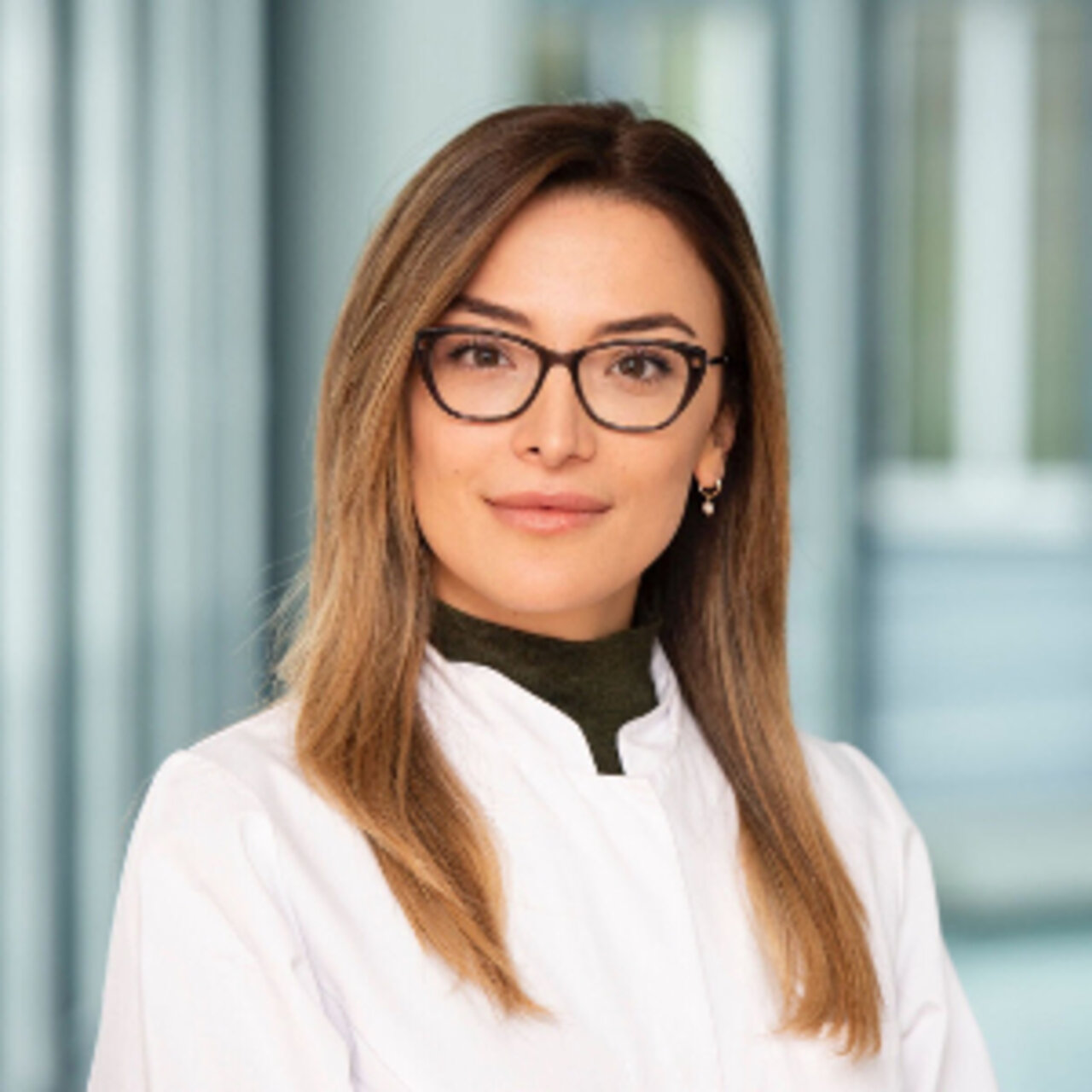Specialists in Health check
3 Specialists found
Dr Brunilda Alushi, PhD, FEACVI
Internal Medicine and Cardiology, Prevention and Imaging Diagnostics
Munich
Information About the Field of Health check
What is a health check-up?
The health check-up refers to a medical examination aimed at evaluating a person's current health status. It involves the examination of basic physical functions and parameters. The objective of a health check-up is to recognize common diseases like diabetes mellitus, cancer, heart disease, vascular disease or renal insufficiency already at an early stage, when most patients are not yet aware of any symptoms. By treating the patient early on, these diseases can then be kept from advancing or even be fully cured, something that is often impossible to do at a later stage. Therefore, health check-ups need to be conducted on a regular basis, even if no symptoms are present.
Which tests are included in the health check-up?
Anamnesis
Anamnesis represents the first step of the health check-up. During this process, patients are asked to provide extensive information about previous illnesses, surgeries, prescriptions and allergies. In addition, the patient is questioned about any increased frequency of a certain illness in their family, since this could be a hereditary condition. Also the social and family circumstances as well as lifestyle factors influencing health (cigarette and alcohol consumption, sports) are recorded.
Vaccination certificates are checked so that any missing immunizations can be administered or boosted.
Physical examination
This is followed by a physical examination. First of all, height and weight are measured so that the body mass index can be determined. Next, a complete body status is obtained. This involves a clinical examination of the body, including the entire skin, evaluation of the sensory organs, palpation of the abdomen, ankles and lymph nodes, listening to the heart and lungs, as well as testing important reflexes and recording blood pressure.
Evaluation of blood and urine samples
Lastly, both a urine and a blood sample are collected and sent to a laboratory. To avoid tampering with these samples, patients should not eat anything before a morning health check-up,meaning they have to arrive "fasting." The blood is analyzed for its cholesterol and glucose (sugar) levels, and the urine is tested for protein, glucose, nitrite and blood cells.
Such parameters may be indicative of diabetes mellitus, urinary tract infections, lipid metabolism disorders, or renal dysfunction, for example.
Altogether, the initial interview together with the laboratory tests take about 30 minutes. In the absence of any irregularities, the subsequent consultation will be rather quick.
Additional preventive examinations
While the following screenings are not part of the health check-up, they also help to detect other common diseases in certain age groups at an early stage:
Single blood test to screen for hepatitis B and C, for all age groups
Annual genital examination for early detection of cancer for women over 20 years, including a smear test for chlamydia for women up to 25 years of age.
Annual breast examination for early detection of breast cancer for women aged 30 and over
Cytological examination and HPV test for early diagnosis of cervical cancer for women over 35 years of age
Skin cancer screening once every two years starting at the age of 35, during which the entire skin is checked
For men from the age of 45, annual genital and prostate examinations for early detection of cancer
From age 50, colorectal cancer screening by either stool tests or colonoscopy
From 50 to 69 years of age for women, mammography for early detection of breast cancer
Starting at 65 years, a one-time ultrasound examination to screen for an aneurysm of the abdominal aorta
What happens after the health check-up?
Once all tests have been finalized and evaluated, your doctor will inform you whether any abnormalities have been found and a disease is suspected. Should this be the case, then further examinations with a specialist will be arranged, if necessary.
Occasionally, an additional visit is scheduled to verify an abnormal value, for example to measure blood pressure again. In this way, the doctor can make sure that the value in question has indeed changed permanently and is not a so-called "outlier", before putting the patient on a drug therapy, for example.
Generally, your physician will explain to you whether you are at risk of developing a particular disease, either because of your family history, your physical status or unhealthy lifestyle habits. The patient is then provided with recommendations to prevent certain diseases and stay healthy, for example, by reducing stress, adjusting their diet, or quitting smoking
Costs of a full health check-up
The health check-up as it was described above is a service covered by the public health insurances. Patients between the age of 18 and 35, are offered a one-time free check-up, as well as once every three years after 35 years of age.
More extensive and more tightly scheduled check-ups may be offered by many practices and clinics, with different scopes and at different prices. Such check-ups can be quite advisable. This is evident when considering the criteria that are used by health insurers to select covered services which is a simple matter of cost minimization.
Screening for a disease will be covered if it allows enough cases to be detected and treated in early stages so that the saved costs of treatment in later stages outweigh the cost of the screening. However, this cannot guarantee maximum safety for each patient.
Hence, extra screening tests can ensure an even more effective prevention for individual cases - though in any case, health check-ups once every 3 years and further screenings covered by health insurance companies should be utilized.


